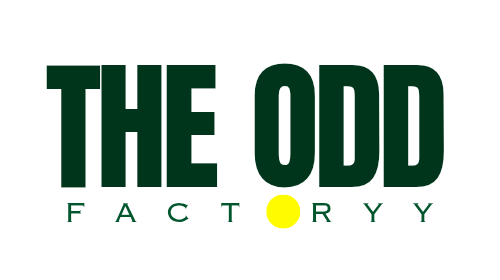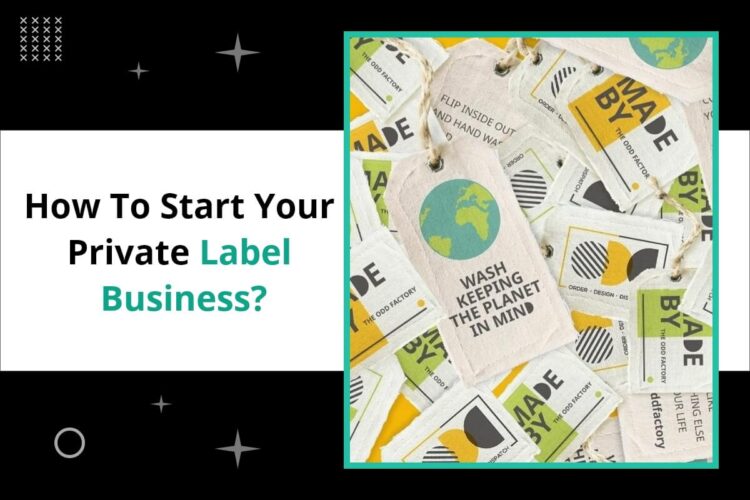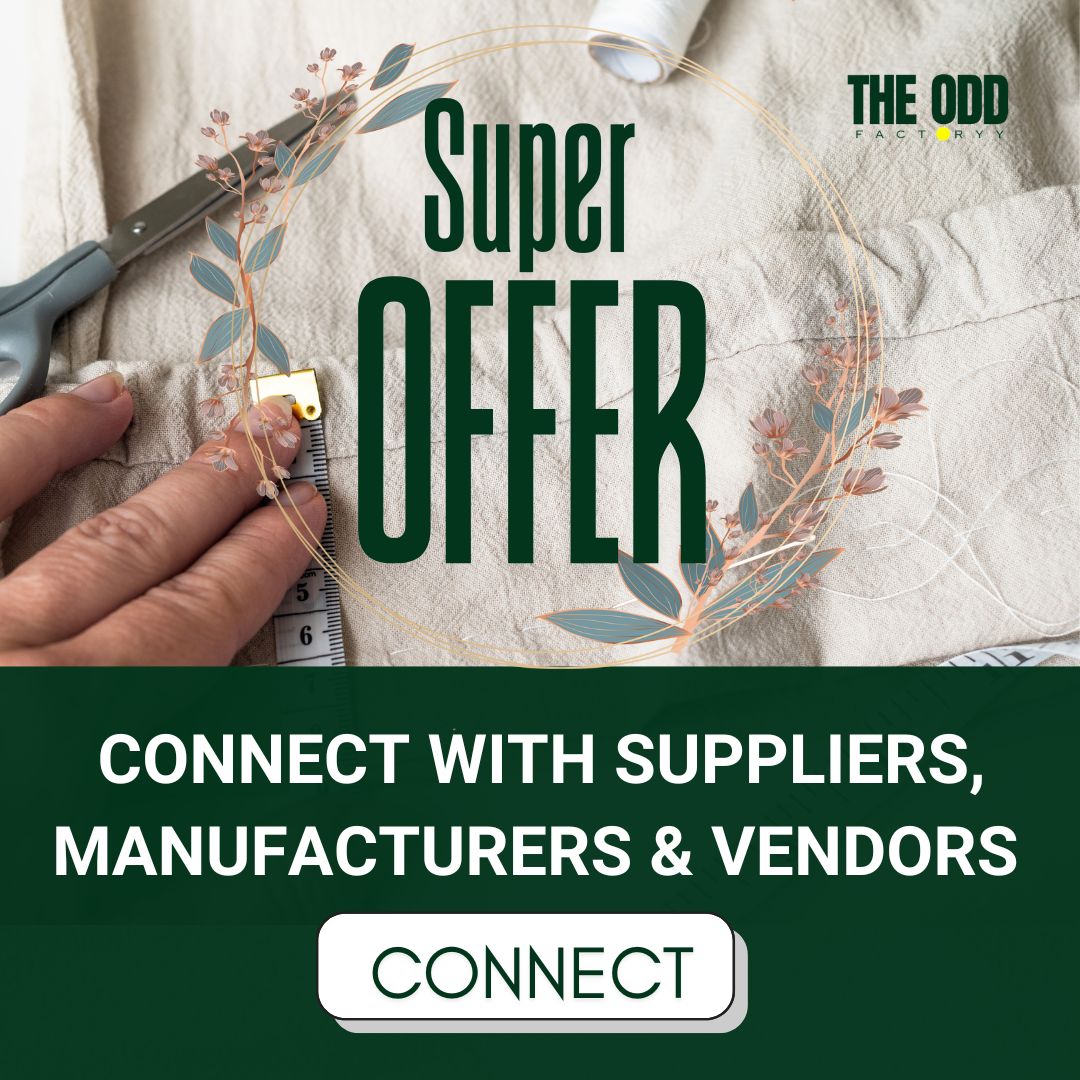In today’s competitive market initiating a venture from scratch is a cumbersome task, one needs to be sound both mentally and economically to sustain. But what if someone is there to do it on your behalf and you just get it marketed as your brand. Here the contemporary private label clothing market comes into the scene.
The majority of merchants, both offline and online, purchase their goods from suppliers. There aren\’t many companies that produce and market their products directly to customers. A product sold under a firm\’s exclusive brand name is known as a private label since a third-party provider developed it.
Everything related to the product or items is under the retailer\’s jurisdiction. That covers the product\’s specifications, it\’s packaging, and everything else as well. One of these business models is private labeling, where you work with a different manufacturer and may design your own items with a distinctive brand through private labeling.
This model is the most suitable for people with excellent brand recognition and established audiences. Several upcoming brands in the industry, like \”The Odd Factory,\” support such creative endeavors through their innovative designs and marketing strategy, specially curated for the private label clothing sector.
To know this better, let\’s get into the nuances of the business sector and learn how private labeling works.
What is a Private Label?
Private label is somewhat on the same lines as white label products, where goods are created by one company and sold as well as marked/branded by other companies. A businessman dealing in private labels looks for a suitable product according to his niche, which he can sell to earn maximum margin under his brand name.
Statistics reveal that the global market for label products is expected to burgeon up to $5.94 trillion by 2024. India is amongst the emerging market for Private label brands in the coming years. Cosmetics, Clothing, Grooming, Personal Care, Pet food, etc., are the most common privately labeled brands. These products are sold through local stores but are designed and manufactured by quality manufacturers like the \”The Odd Factory\” and various other producers. Myntra, Bigbasket, Blinkit, etc., are some of India\’s famous private labeling companies.
Tips for starting a private label business
Though there are numerous advantages of owning a private label, thorough market research is necessary to kick-start this business. Here is a brief discussion of the aspects one needs to take care of while initiating the process.
• Pointing out the specific market for your brand
Out there in the market, there are plenty of markets to choose from, in the private labeling market. The crucial step towards a private venture is figuring out the particular market you can deal with. Choosing the correct niche for your brand can help in the targeted audience and brand recognition through the right marketing strategy.
• Contact or connections with manufacturers
Once you are done choosing the niche, the task of contacting different manufacturers comes. Approach the manufacturers on your wish list to ask whether private labeling is an option. This tactic will enable you to swiftly find many products within the sector you\’re studying, as most manufacturers offer a wide range of products.
• Testing out the quality of goods
Before selling the goods, it\’s crucial to test them yourself. Even though something may appear fantastic online and sound wonderful after speaking with the maker, the reality may be very different.
• Set up an online store
After acquiring a manufacturer and brand, it\’s time to set up your online shop. Nowadays, online stores are generating considerable revenue compared to offline stores. A website supported by an excellent digital marketing platform is the best way to start with your brand.
• Adding products to the website
The following aspect must be covered while adding products to your private label.
-Writing persuasive descriptions: descriptions loaded with information and branding.
-High-quality product images and designs: impart a remarkable review through pictures and video.
-Considering a proper pricing strategy: when to fluctuate the prices and when to exploit the market for profitability needs to be pre-determined.
Is private label worth it?
Products with private labels typically have better profit margins. Their perceived worth may rise due to the branding element and the additional package modifications, providing you more freedom to establish competitive rates.
Additionally, labeling a current product is significantly simpler than spending time and money on manufacturing new ones. Private labeling allows you to save labor expenditures as well as product development costs.
Over this, there are a variety of perks one enjoys while doing private label business:
• Adaptability
• Control over production
• Control of pricing and branding
Private-label clothing manufacturers in India
A private label business concept is buying things, such as apparel, and branding them with your trademark. There won\’t be a requirement to develop the products from scratch, but the garment manufacturer may provide varied degrees of customization. As stated earlier, India recorded unprecedented growth in the private-label cloth market.
India is a significant apparel provider to the international market and is recognized for its clothing manufacturing sector. India is able to make garments more affordably than other nations due to its enormous population and a large workforce. As a result, India now serves as the production hub for many global apparel businesses.
Benefits of owning a private label in the clothing industry:
• Smaller minimum order value
• Quality enhancement
• Higher Profit Margin
• Flexibility in prices
• Range of apparel
• Control over the manufacturing aspect
Private Label Clothing Suppliers in New York
Alike India, the USA also has a flourishing private label market in the clothing industry. Consumers have demonstrated a solid willingness to alter their purchasing habits throughout the epidemic. According to consumer studies, approximately 40% of US customers have experimented with new brands or products since the COVID-19 outbreak.
Consumers\’ search for better affordability amid protracted economic instability may extend the private-label surge. The new innovative start-ups offering the market better designs and marketable goods have further aided the private label clothing market across the USA and New York. Many established brands are also testing personal labeling things from a global perspective.
Bottom Line
Both online and offline merchants have the option of offering private labels. Here, the vendor has product lines produced to market and sold under their name and brand. The main benefits of this are the authority it offers retailers. They have control over branding, price, and manufacturing. But going up against well-known businesses and brands is a challenging task.



